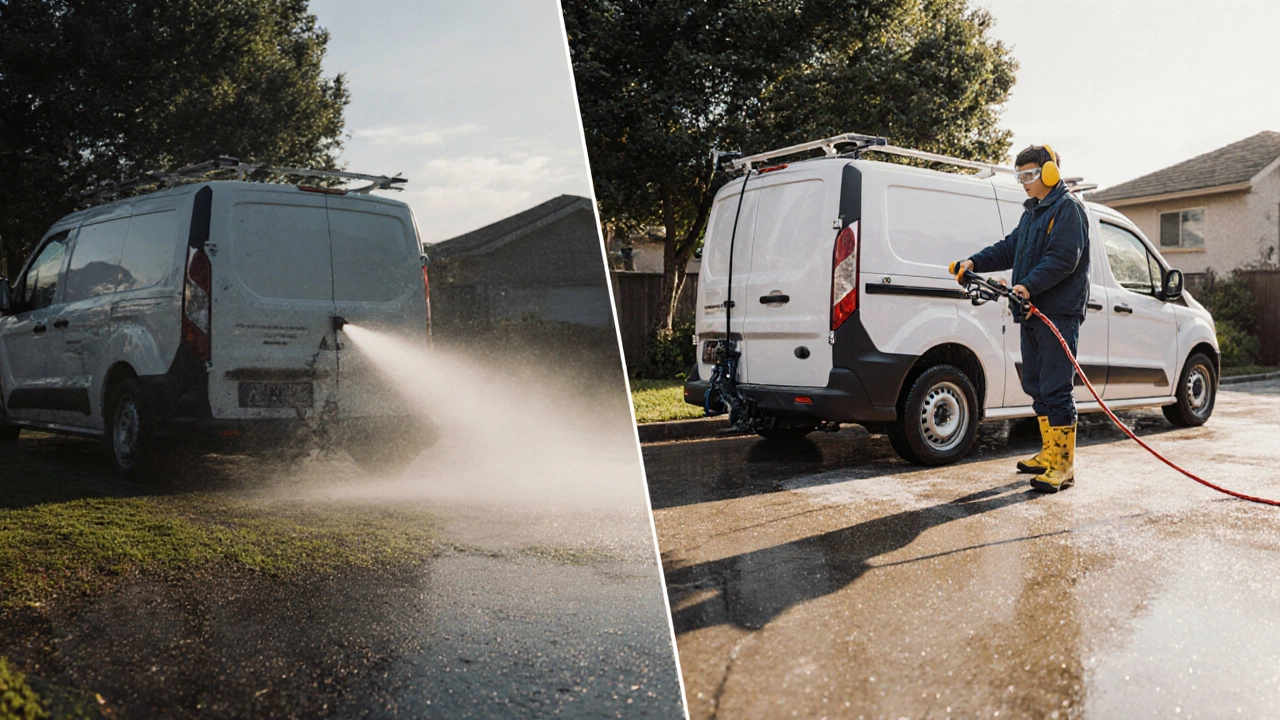Licensing in the Cleaning Industry: What You Need to Know
When talking about licensing, the official permission granted to operate a cleaning business or use specific chemicals. Also known as operational licensing, it ensures that services meet legal, safety, and environmental standards. Cleaning regulations, the rules set by local authorities and industry bodies define what a valid license must cover, while health and safety compliance, the procedures that protect workers and clients from hazards forms the core of any licensing requirement. In short, licensing links the legal framework to everyday cleaning practices.
One major environmental standard, guidelines for using eco‑friendly products and minimizing waste directly influences licensing. If you opt for biodegradable chemicals, you often qualify for lower fees or faster renewals. Another related entity is professional certification, the training and credentials that demonstrate competence. Certification isn’t mandatory everywhere, but many licensing boards treat it as proof of expertise, especially for high‑risk tasks like pressure washing or chemical disinfecting.
Why Licensing Matters for Every Cleaner
Licensing encompasses three essential aspects: legal permission, safety assurance, and environmental responsibility. First, the legal side protects you from fines and lets you advertise your services confidently. Second, safety assurance means you’ve followed health and safety compliance steps—like risk assessments, PPE use, and proper chemical storage—so accidents drop dramatically. Third, meeting environmental standards not only helps the planet but also appeals to eco‑conscious clients who prefer green cleaning solutions.
To obtain a license, you typically need to submit an application, provide proof of insurance, coverage that protects against property damage and personal injury, and sometimes pass a short exam on local regulations. The exam often covers topics like hazardous waste disposal, correct dilution ratios for pre‑wash sprays, and emergency response plans.
Once granted, a license isn’t a set‑and‑forget document. Renewal cycles demand ongoing training, updates on new chemicals, equipment, and safety procedures. Keeping records of completed courses helps you stay compliant and can even shave time off future renewals. Many businesses use digital logs to track training dates, inspection outcomes, and incident reports—all of which feed back into the licensing authority’s database.
Some cleaners wonder whether they need a license for a single‑time job, like a deep kitchen clean. The answer often depends on the chemicals used. If you’re applying a strong pre‑wash spray that falls under hazardous material rules, a temporary permit may be required. For basic vacuuming or low‑risk carpet shampooing, most jurisdictions waive the need for a full license, but documentation of proper technique is still wise.
In practice, licensing also shapes how you market your services. Advertisements that mention “fully licensed and insured” instantly build trust. Clients searching for “professional carpet cleaning” or “pressure washing licensing” will gravitate toward providers who can prove they meet the required standards. This is why many online listings highlight the licensing badge alongside customer reviews.
The link between licensing and environmental cleaning is especially strong today. Regulations now push for reduced VOC emissions, mandatory recycling of packaging, and limits on water usage for pressure washing. By aligning your license with these environmental standards, you not only avoid penalties but also position your business as a leader in sustainable cleaning.
Finally, remember that licensing is a collaborative effort between you, your employees, and the regulating bodies. Open communication with inspectors, prompt correction of any non‑compliance notices, and proactive adoption of best practices keep your license in good standing. The smoother the relationship, the fewer disruptions you’ll face during peak cleaning seasons.
Below you’ll find a curated set of articles that break down each of these pieces— from choosing the right pre‑wash spray and understanding disinfectant chemistry to navigating the paperwork for a new cleaning license. Dive in to get practical steps, real‑world examples, and expert tips that will help you stay compliant, safe, and eco‑friendly while delivering top‑notch cleaning results.

How to Start a Pressure Washing Business: Essential Steps & Gear
Learn the exact steps, gear, licences and marketing tricks you need to launch a profitable pressure washing business in the UK.
Read More